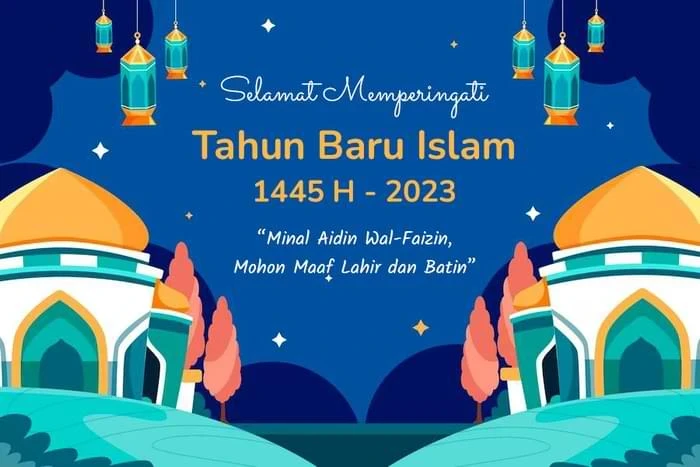
Muslim New Year is a holiday that marks the beginning of the new year in the Islamic lunar calendar. It is a celebration dedicated to the founding of Islam and the pilgrimage of the Prophet Muhammad from Mecca to Medina.
Brief History
Prophet Muhammad returned to Mecca after receiving a mission from God to spread Islam. When Muhammad attempted to preach in Mecca, he and his followers were met with resistance from supporters of polytheism and paganism.
Tensions between Muslims and pagans escalated. Eventually, Muhammad was forced to lead his followers from Mecca to Medina. This event is known as the Hijra, which marks the beginning of Islam and the Islamic calendar.
Parades
In the Middle East, the Muslim New Year is a rather subdued event. But not in Indonesia. Indonesian Muslims organize parades in honor of the foundation of Islam. In addition to Islamic themes, the attributes of this parade on the island of Java include Javanese flags and elements of Javanese culture.
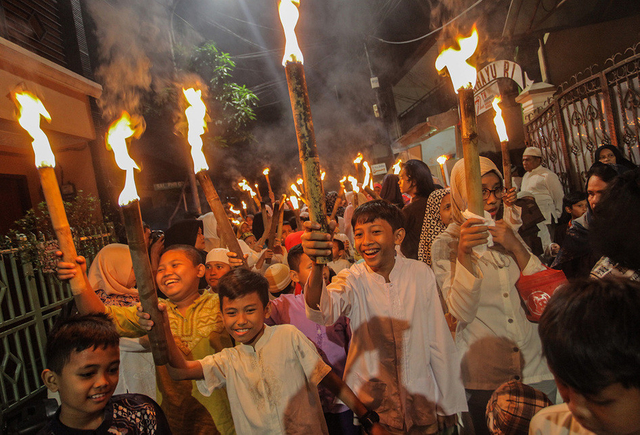
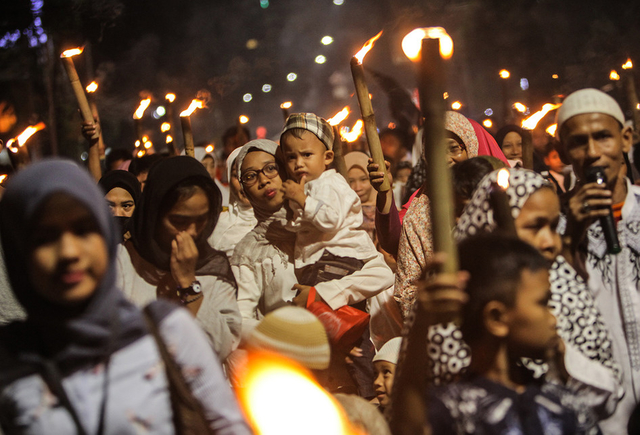
Readings
During the Muslim New Year period, many Indonesian Muslims read scriptures about Muhammad's migration from Mecca to Medina. After reciting important Quranic verses about this event, Indonesian Muslims engage in discussions with friends and family members.
Lampah Mubeng Beteng
One of the unique rituals of the Muslim New Year is "Lampah Mubeng Beteng." It is a palace march that takes place in Yogyakarta on the island of Java every year. Participants are not allowed to talk, eat, drink, or smoke throughout the entire event. Instead, they are expected to contemplate the greatness of God, their own destiny, and the opportunity to be grateful for their current circumstances in life.

Offerings
In many rural communities of East Java, Indonesian Muslims make offerings to God in the form of food. These offerings can include rice, fruits, and vegetables. The offerings, called "Gunungan," are gathered together, and around them, the ritual of "Larung Pendam Sadi" is performed. This ceremony involves participants seeking God's blessings and asking for success. It is also intended to demonstrate gratitude to God for the abundance of harvest that He has provided.
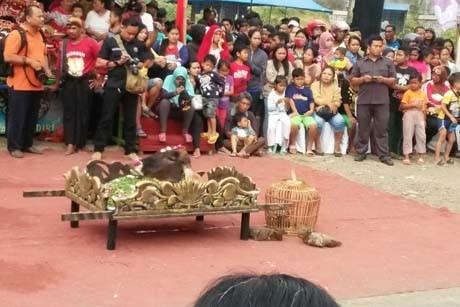
Gunungan Parade
In some villages of East Java, it is considered a tradition to gather offerings and carry them in a parade. As the Gunungan procession makes its way through the town or village, local residents attempt to seize some of the offerings for themselves. If successful, it is believed that such a person will have a fortunate year. Additionally, coins are distributed to the spectators of the parade.
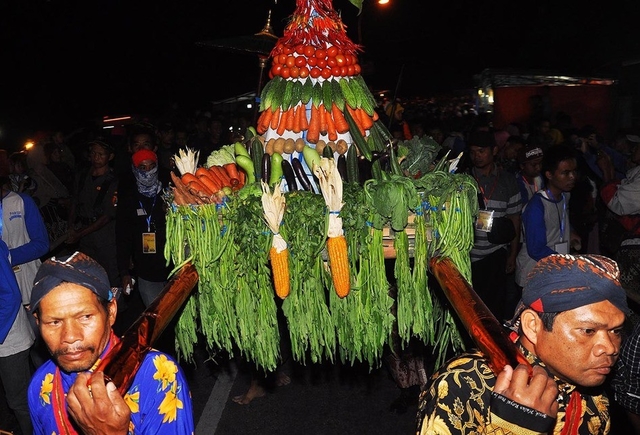
City Procession
In the city of Pontianak, many Indonesian Muslims participate in lengthy processions. The participants recite prayers and contemplate their lives. Similar to the Lampah Mubeng Beteng ritual, it is believed that this helps participants realize and feel gratitude for their achievements in life.

Art and Musical Competitions
Such competitions are very popular among students. They are centered around Islamic ideas, but some of them do not have a specific theme. One of the most popular themes for art competitions is car decoration.
Community Service
There is a tradition for students to participate in marches along the streets near their school or university. In addition to taking part in the parade, students collect trash and clean up the area. They can also dedicate their free time to helping those less fortunate. For example, many people on this day distribute clothing or food to the homeless.
Other Local Traditions
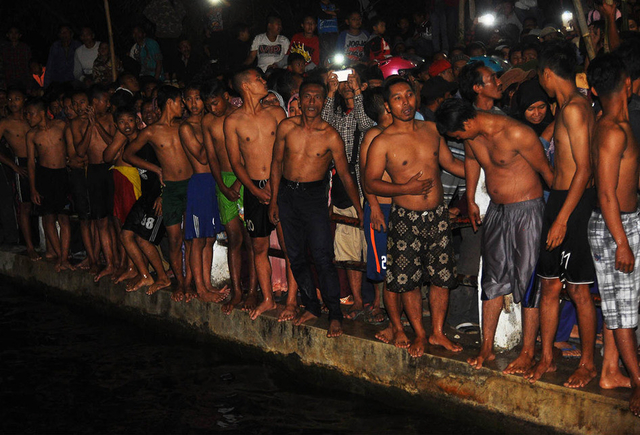
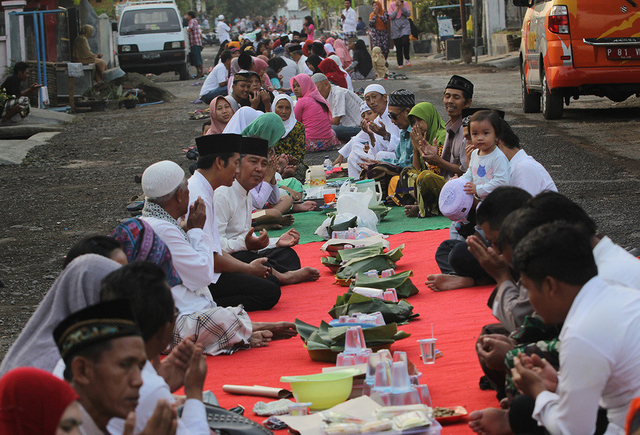
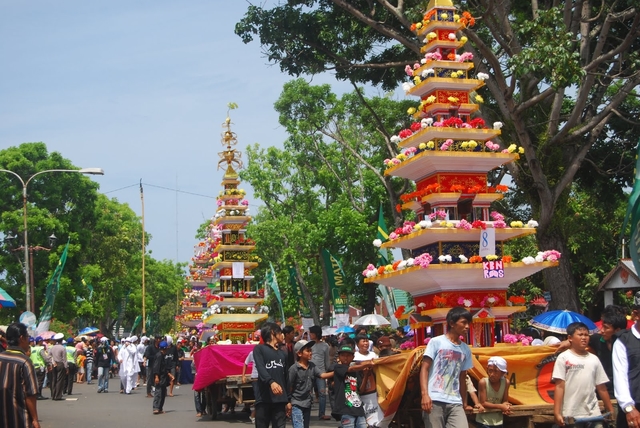
You can add one right now!